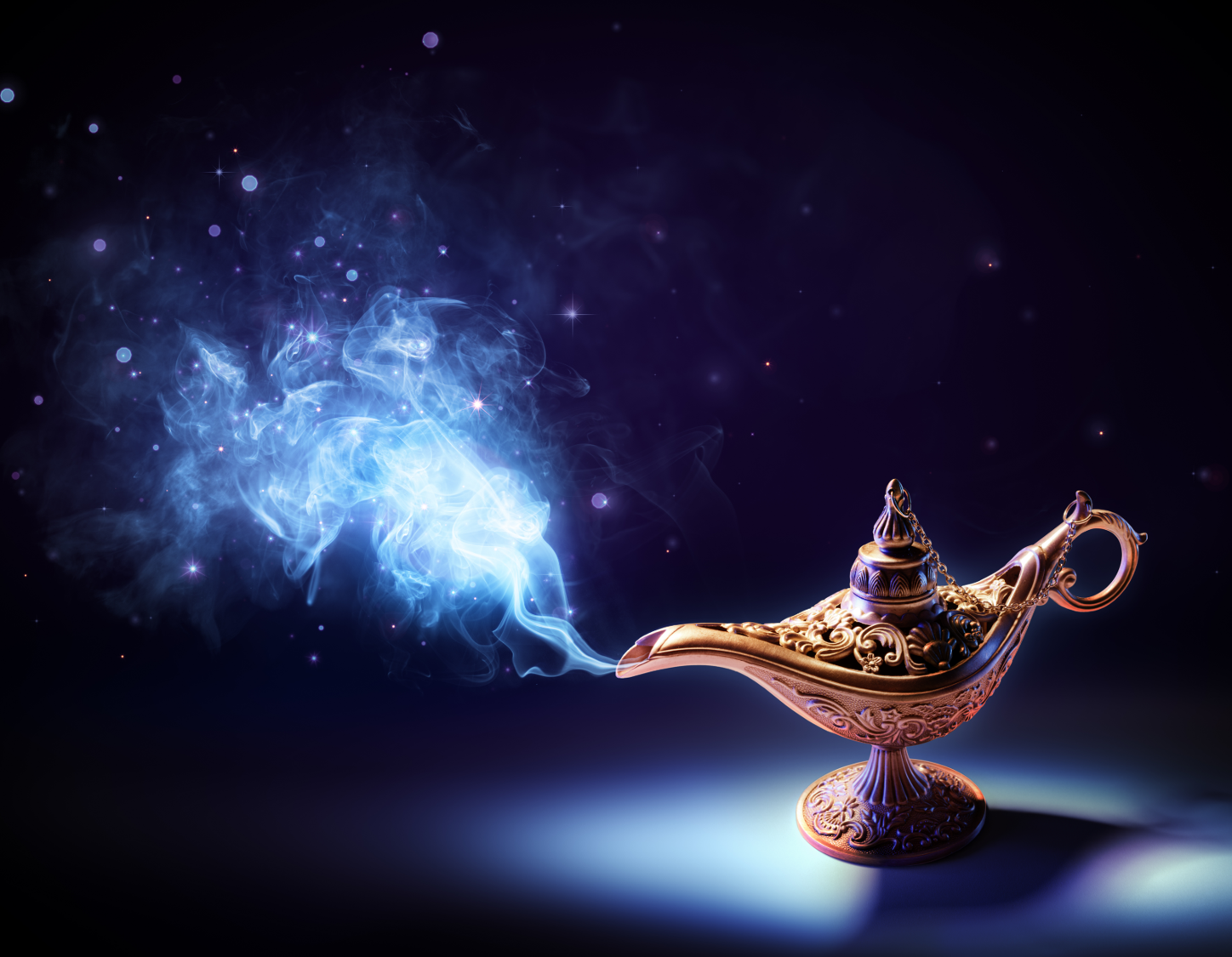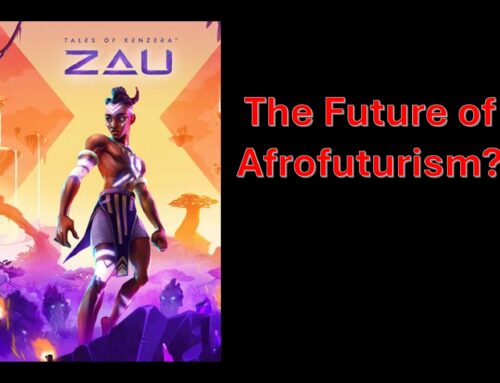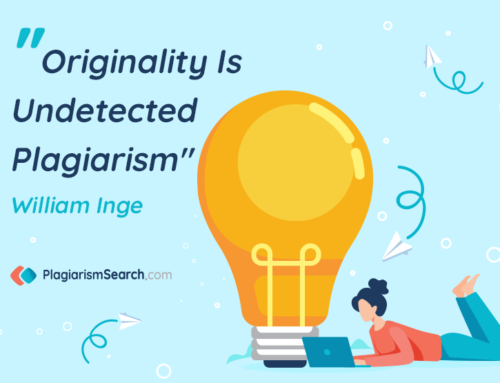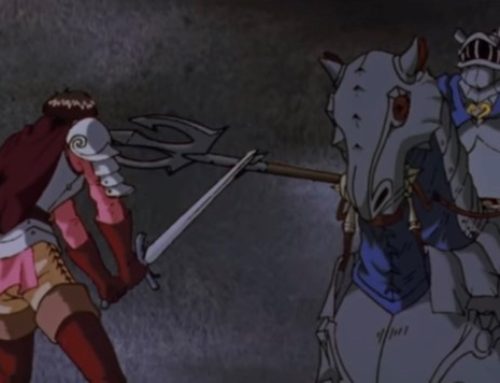So, lately I’ve been rambling about magic systems, and the choices authors go with in terms of who can become a wizard and how, why writers use them differently with different audiences, and how to balance the pros and cons they represent. I’ve talked about wizards who have to be born with their powers to use them, and about worlds where anyone who wants to be a wizard can do so if they can afford the cost of schooling. Now I want to talk about a third type: magic that isn’t available to everyone but is acquired at some point in the wizard’s life.
Acquired magic can come in a number of different flavors. There are the versions where someone stumbles across a power source of some kind, and an instruction manual may or may not be included. For example, if an adventurer or archeologist is just exploring some old ruins, they might find some kind of artifact that gives them magical powers, such as a statue to some long-forgotten god that bestows magic upon the person, or a magical amulet that empowers a person while they’re wearing it (or a secret military base with some kind of nanotechnology, if you wanted to do a science fiction setting instead). The source of magic might come with instructions, or a magical entity that can explain how the powers work, or not.
Another way acquired magic can play out is when the magic seeks out a user. This could be someone they’ve chosen as a special host, or it could be anyone they could find. There may be some compatibility issues, such as “only the pure of heart can wield it” or “only people of a certain blood type can handle it.” The key here is that the magic is actively looking to find someone to wield it, and whether it has good intentions towards the person it latches onto is completely option.
Genies in a lamp usually fall somewhere between the two; the magic is actually a being who is conscious, and often wants to be found so it can be released, but usually has no power to seek out a person to use his powers. The genie may be benevolent, or he might deliberately screw with the wishes to harm the wish maker, or he might be so otherworldly that in trying to grant the wishes, he messes them up.
A third possibility for acquiring magic is when the mage-to-be actively seeks it out. This has some overlap with finding an ancient artifact, but sometimes a person who wants powers might not bother digging up some icon of an ancient magical being. Sometimes, they try to summon said being and either boss it around, or make some sort of contract. This is where classic tropes like “deal with the devil” can show up, and also where someone might call upon a benevolent entity, such as a god. This is usually how clerics and paladins work in D&D. Usually, there is some requirement that a cleric or paladin follow a code of ethics that aligns with their magical service provider, but some authors play with the notion of what ethics a god will follow.
There was an author in one of my writing groups who had created a fictional world where all magic was provided by whichever god was in charge of the world at the time. When the god of chaos was in charge, his worshippers would gain incredibly chaotic powers that allowed them to do a lot of wild and unpredictable things, but the magic itself was incredibly fickle, as chaotic as the god that supplied it. On the other hand, when the god of order took control in a later book, magic changed to be more structured, following more rules, and people who wanted to use the god of order’s magic had to follow a stricter set of rules than under chaos. This actually played heavily into the politics of the setting as well, as politicians then had to transition from a world where chaotic magic users were common and unpredictable, to a world where only a select group of people who followed the god of order’s rules had supernatural powers, and because of the military advantage mages gave to a nation that followed those rules, entire nations would try to follow these commands to some degree. And of course, the god supplying the magic might pick favorites among the nations of your fictional world.
Another example I’ve heard people discuss is the idea that magic is introduced to people through a virus, or similar “magic pathogen.” While the anime/manga My Hero Academia mostly runs on a person being born with their powers, it is stated in the background that superpowers were originally introduced to humanity through a virus that eventually infected most of the human race and altered their DNA to produce superpowers. While not a straight example, the idea of magic being spread through some sort of virus, and having different effects on different people can be another way mages can acquire their powers, and have a wide variety of abilities. Additionally, My Hero Academia also shows how some people might gain abilities that are so unpleasant, it motivates some of them to become villains, adding more room for worldbuilding and story opportunities.
The above example shows how acquired magic systems can allow authors to have a world where magic is as rare as the plot requires. If you want magic to be rare, as it often is in stories that want the protagonist (and the reader) to be “special,” the magic can be exclusive to whomever the gods choose to grant powers. If you want the benefits of having lots of mages with different types of abilities, as with learned magic systems, you can simply have lots of magic dispensers hidden throughout the world, and even have different gods or demons granting unique abilities based on their divine domains. There are a few thematic things that still need to be considered, though.
First, is the magic more or less acquired by pure dumb luck? This can make for some very interesting themes regarding what people do with power when they stumble into it by chance. Author Robert Caro once said “power doesn’t corrupt, it reveals,” and in my own experience he was very right. Plenty of people I’ve seen in real life were corrupt before acquiring power, and would misuse even the smallest amount of it when given the chance. In real life, power is most attractive to people who actively want to use it in crooked ways; after all, if there’s a position in society that allows a person to punish and brutalize others with impunity, the people who would be most attracted to that job will be people who want to oppress others with no consequences. Dropping power onto someone by sheer luck means some people who gain power will be good, and some will be malevolent. This can either be an improvement on society, or a scourge, depending on the author.
Second, if the magic is dispensed by a god or otherworldly magic service provider, what does it want in return? The classic deal with the devil is pretty self-explanatory, but what if you live in a world where the god that gives people magic is openly homophobic, and demands that you practice only traditional, heterosexual relationships in order to keep your powers? I actually saw someone in a writer’s group do that once. The question of how far people will go to keep their powers once they have them can open all sorts of possibilities, especially if the provider starts adding additional requirements after the mage has already signed up.
This leads into the third issue with acquired magic, which is the fact that magic that a person can simply “find” is usually the simplest to lose. As they say, “easy come, easy go.” But what happens if a person has magic for a while and becomes adjusted to having it, only for it to be taken away from them later on. The Elder Scrolls features a story where a daedric prince named Clavicus Vile grants an ugly young girl his enchanted mask, making her impossibly charismatic and beautiful with her choice of marriage proposals, and she accepts one from the richest, most powerful prince in the land. Then the mask mysteriously disappears on her wedding night, because that’s the sort of thing Clavicus does. Not only does the girl not have good looks to keep the prince’s affection, but her other social skills have withered during her time relying on the magical mask.
This is the sort of problem a mage could face if they lose their magical artifact, or the deal they struck with whatever supernatural being granted them powers gets broken. Having a wizard stripped of their powers and needing to learn how to do things without powers again could be an interesting story on its own.





